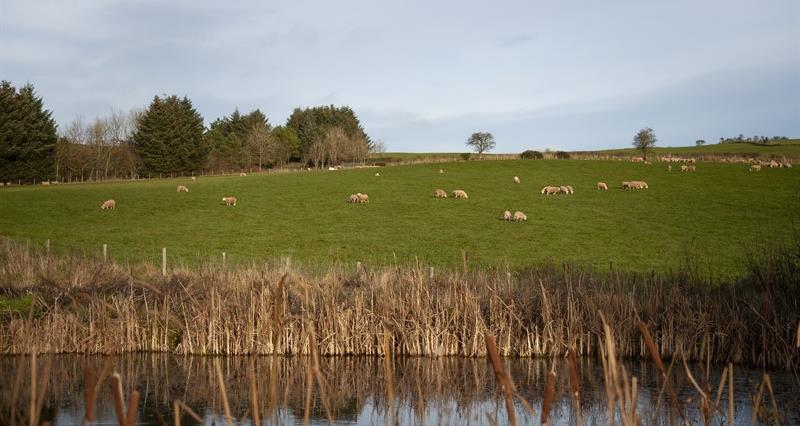Ahead of Welsh Government’s four-yearly review of the Control of Agricultural Pollution Regulations, the survey aims to gather feedback on farmer experiences of the pan Wales regulations which were introduced in 2021. This follows the announcement, earlier this year, that Welsh Government will appoint an independent external chair to oversee the regulatory review process which must be completed by April 2025.
The survey
The survey - an initiative of NFU Cymru’s Water Quality Review Group - seeks farmer perspectives of the regulations, whether that be record keeping, the slurry and silage storage requirements, the nitrogen limits or the closed periods, as well as their experience of inspections and dealing with the various regulatory and planning authorities.
Chairman of NFU Cymru’s Water Quality Review Group, Martin Griffiths said: “Farmers across Wales and across all sectors continue to grapple with many aspects of the Control of Agricultural Pollution Regulations. This includes the very significant investment costs, securing the necessary planning permissions and achieving compliance with the draconian record-keeping requirements. The level of concern and anxiety is palpable.
Long-term sustainable solution
“NFU Cymru is clear the review should provide the opportunity to amend the regulations, so they are practical and achievable for farmers in Wales. The review must deliver a long-term sustainable solution to the 170 kg N limit (from livestock manures), in effect a de facto stocking limit on Welsh farms; it must allow the opportunity to make best use of technology, science and evidence – and support a move away from a farming by calendar approach; with targeting to ensure that water quality issues are tackled where they are needed. This is going to be vital if we are to deliver the outcomes we all want to see including the continued supply of affordable food, viable farm businesses and thriving rural communities and Welsh language.”
Priority issue
Concluding, Mr Griffiths said: “For NFU Cymru, the Control of Agricultural Pollution Regulations is a priority issue, and we are committed to finding practical solutions. The survey findings will make an invaluable contribution to our work and I would encourage as many farmers as possible to get involved.”

